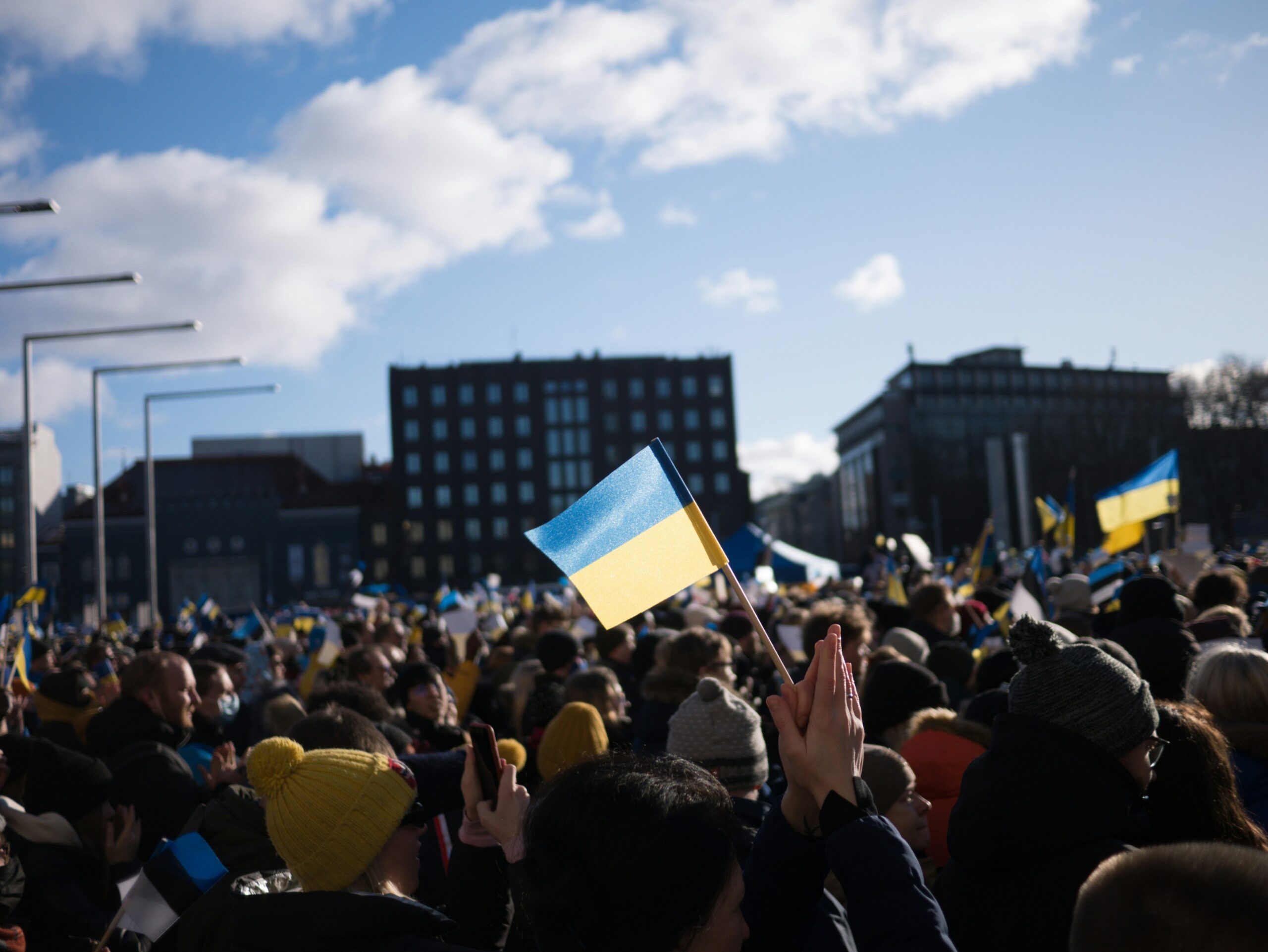
Main narratives:
- Anti-government sentiments;
- Anti-Ukrainian rhetoric;
- Economic instability in Estonia.
Overview:
Last week, pro-Kremlin commentators on social media actively discussed and harshly criticized Estonia’s decision to host the Ukraine reconstruction conference in 2027, framing it as an unwise and politically motivated move. They argued that planning for Ukraine’s post-war recovery while the conflict is still ongoing is highly premature and questioned the rationale behind allocating resources to a foreign policy initiative amid what they described as Estonia’s own poor economic situation. According to these critics, the government should focus on addressing domestic challenges rather than engaging in symbolic international gestures. In particular, former Prime Minister Kaja Kallas was singled out for allegedly neglecting Estonia’s national interests and sacrificing significant resources for Ukraine in order to advance her international diplomatic profile and promote Russophobic narratives at the European level.
Last week, social media continued to buzz with active discussions about the proposed increase in the VAT rate from 22% to 24%. This time, the spotlight was on a petition demanding that the VAT on food products be reduced to 10%. By Thursday, July 10, it had gathered over 50,000 signatures, making it one of the most popular civic initiatives on the platform rahvaalgatus.ee. The only petition to have collected more signatures so far is the one against the car tax, which was signed by 65,565 people.
At the same time, while many commentators in the Russian-speaking segment of social media openly supported the initiative, they also expressed skepticism that the government would actually take such a step. This is especially true given that the ruling parties have repeatedly stated they have no intention of lowering VAT on food for two main reasons: first, the state budget cannot accommodate such a reduction, and second, the Ministry of Finance is convinced that this measure would not lead to a real decrease in prices.
As a result, a significant number of social media users not only called for public protests but – quite openly – for the overthrow of the government. These sentiments fully align with the Kremlin’s narrative about the “worsening economic situation in Europe” – allegedly due to rising defence spending and, most notably, continued financial support for Ukraine.









